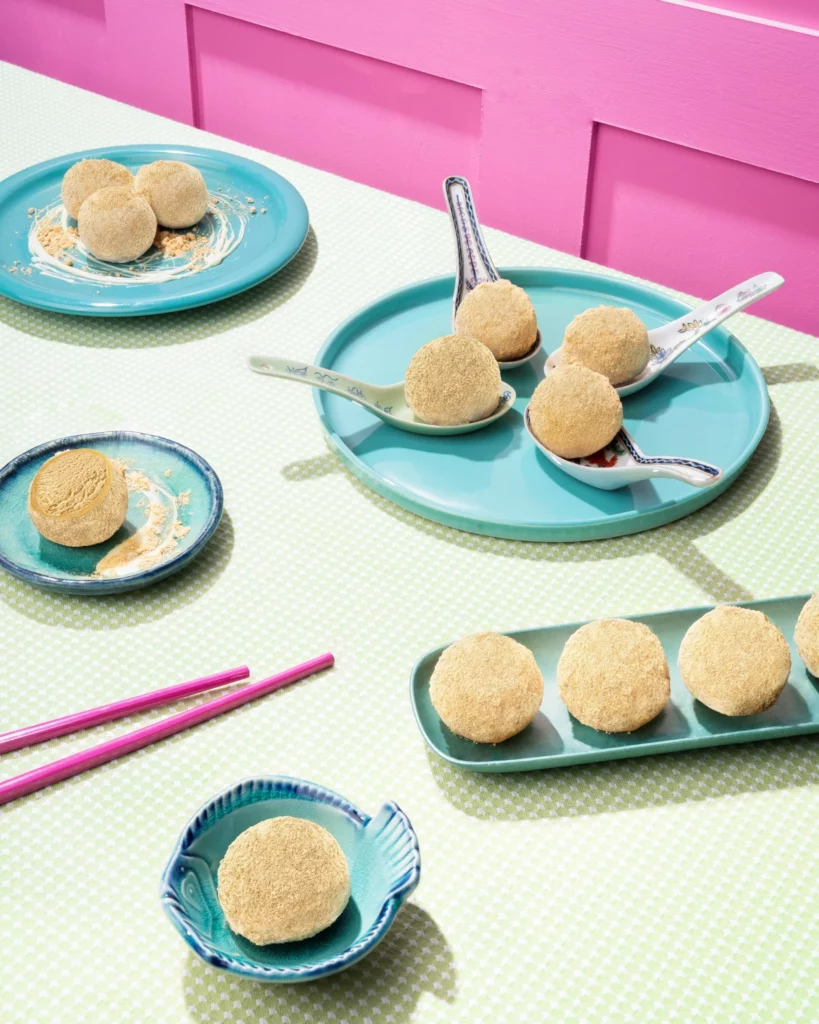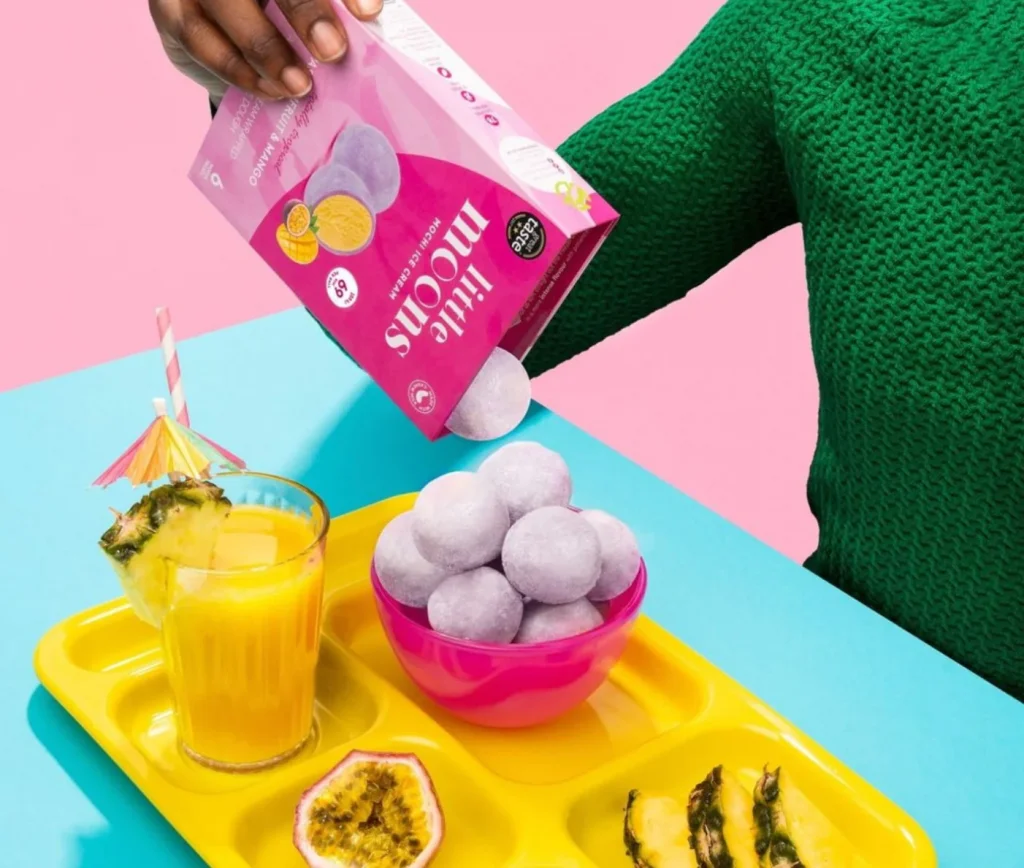
News
TYPES OF ICE CREAM
As THE home of mochi ice cream, it’s no surprise that we love (and know a lot about) ice cream. But what we were surprised to learn, is how many different types of ice cream there are out there, and how many we’ve never heard of. So strap in, ice cream fanatics, we’ve broken them down just for you…
ICE CREAM
Whilst this is widely used as a generic term to define any frozen dessert (and we’re guilty of this in the title!), in order to actually be considered ice cream, the dessert would need to contain at least 5% fat and 2.5% milk protein. Ice cream is stored at a very low temperature, which means it has a fine crystal texture.
MOCHI ICE CREAM
Think ice cream, but make it bit-sized, fun, and extra delicious. Our balls of perfection are actually made from gelato (more on that below), lovingly wrapped in a soft sweet mochi dough.
You can learn more about mochi ice cream here.
GELATO
Gelato is a popular Italian ice cream made using more milk and less cream. It’s stored at a higher temperature than ice cream, giving it that softer, silkier texture. It’s also slow-churned, so the flavour is extra intense.
FROZEN YOGHURT
Frozen yoghurt has a much lower percentage of fat than ice cream and due to the cultured milk used, it has a slightly more sour taste. The consistency is similar to ice cream.
SORBET
Sorbet is lighter in texture and flavour – it’s made using fruit or fruit puree and sweetened water, with little to no dairy. It’s often used as a palette cleanser between courses because it’s refreshing and helps to revive taste buds!
ROLLED ICE CREAM
Rolled ice cream, also known as stir-fried ice cream, originated as a street dessert in South East Asia. It requires skills and craftsmanship as they are prepared live – an ice cream mixture is poured onto a cold slab, mixed with other ingredients, chopped and rollllllled, before being served in a cup with other toppings.
SOFT SERVE
Soft serve is similar to regular ice cream, it contains the same ingredients, but comes from a machine that incorporates more air and doesn’t allow the ice cream to harden as much…making it, well, pretty soft. It’s normally served in a cone and is popular at funfairs and by the seaside.
SNOW CREAM
Snow cream is a pretty unique dessert, and is still relatively new on the scene. It comes in a variety of Asian-inspired flavours, such as black sesame and green tea, and is made by shaving ribbons off of large blocks.
KULFI
Kulfi is a traditional Indian frozen dessert similar to ice cream in appearance and taste, but with a denser, creamier texture. The ingredients are boiled before being frozen, and involves no whipping in the process. It’s typically served on a stick or on a plate.
FALOODEH
Faloodeh is a traditional Iranian frozen dessert, most similar to sorbet. It consists of vermicelli rice noodles, rose water, lime juice and cherry syrup. According to some sources, this was the first frozen dessert every invented, and can be found in coffee shops and ice cream parlours across Iran.
DONDURMA
Dondurma is a Turkish variety of ice cream, and has some pretty unique features, most distinctively it’s resistance to melting. Salep is the ingredient that helps to set this dessert apart, and the hand-churning creates a stretchy, chewy consistency and heightens the aroma. Because of it’s unusual texture, Dondurma needs to be cut with a butcher’s knife!
GRANITA
Granita is similar to sorbet in the fact there is no dairy, but unlike sorbet, there is no whipping in the process. Granita has a semi-liquid texture and only contains water, sugar and fruit juice, as well as some extra flavourings. The texture is coarser than other varieties – the ice crystals give it a granular appearance and crunch texture.
ITALIAN ICE
Italian Ice is a frozen dessert made with water, sweetener and fruit. It’s similar to granita, but with a less coarse and crystalised texture, and a more tart taste. It can be scooped and eaten with a spoon, or served in a cone. It’s one of the healthier varieties of frozen dessert.






